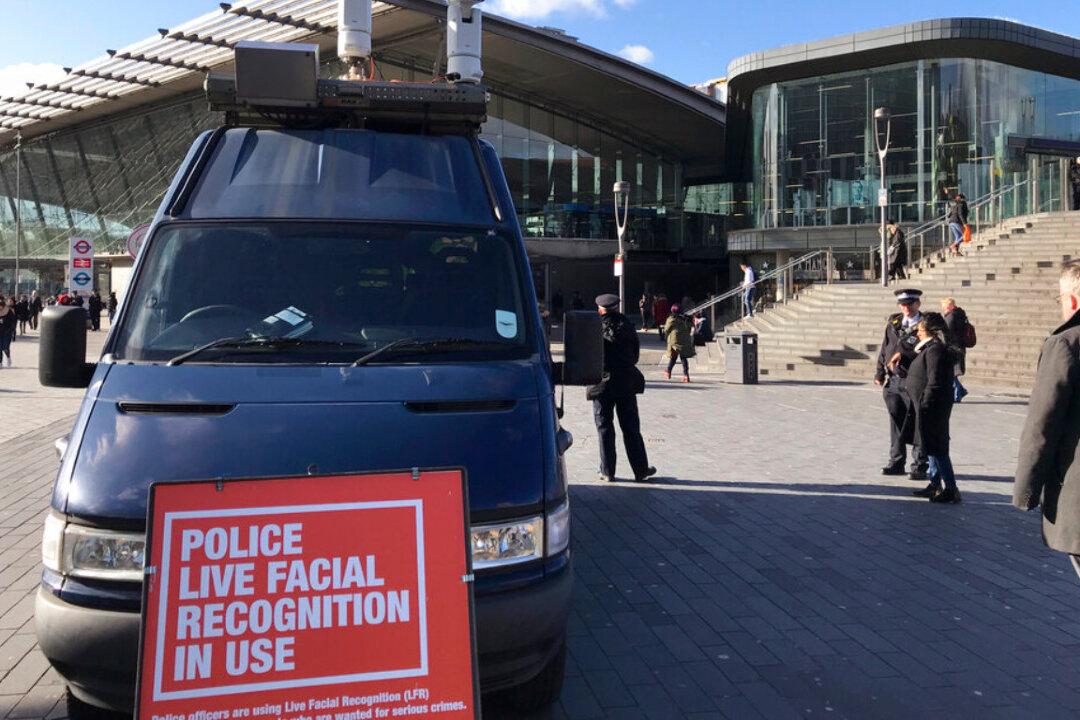Welsh police are rolling out futuristic technology that will identify wanted individuals in real-time.
The system, known as Operator Initiated Facial Recognition, will be used initially by 70 officers from South Wales Police and Gwent Police.

Welsh police are rolling out futuristic technology that will identify wanted individuals in real-time.
The system, known as Operator Initiated Facial Recognition, will be used initially by 70 officers from South Wales Police and Gwent Police.